“Historical Dictionary of Shinto” by Stuart D. B. Picken (2nd edition)
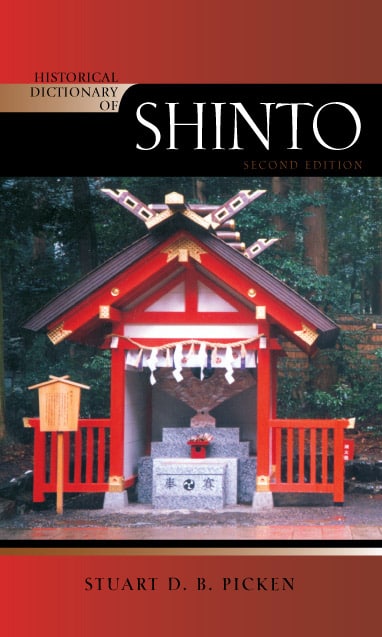
"One of Japan's major religions, Shinto has no doctrines and there are no sacred texts from which religious authority can be derived. It does not have an identifiable historical founder, and it has survived the vicissitudes of history through rituals and symbols rather than through continuity of doctrine. Shinto is primarily a religion of nature, centered on the cultivation of rice, the basis of a culture with which the western world is not familiar in terms of either its annual cycle or the kind of lifestyle it generates. The roots of the Shinto tradition probably precede this and reflect an awareness of the natural order. The oldest shrines came to be located in places that inspired awe and wonder in their observers, such as the great Fall of Nachi in Kumano, or in mountains that conveyed a sense of power.
The expanded second edition of the Historical Dictionary of Shinto relates the history of Shinto through a chronology, an introductory essay, an extensive bibliography, and over 800 cross-referenced dictionary entries on Shinto concepts, significant figures, places, activities, and periods. Scholars and students will find the overviews and sources for further research provided by this book to be enormously helpful."

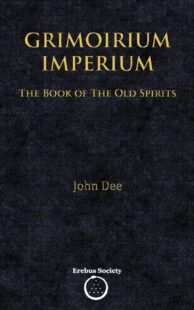

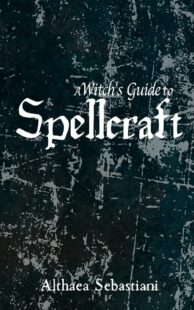
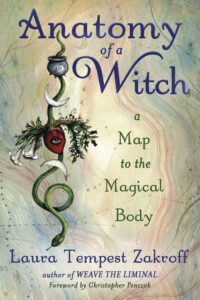

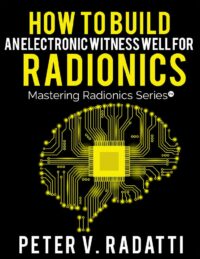
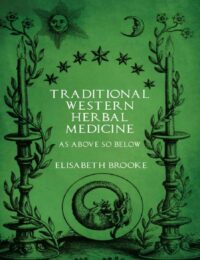

Comments and discussion can be found in the channel